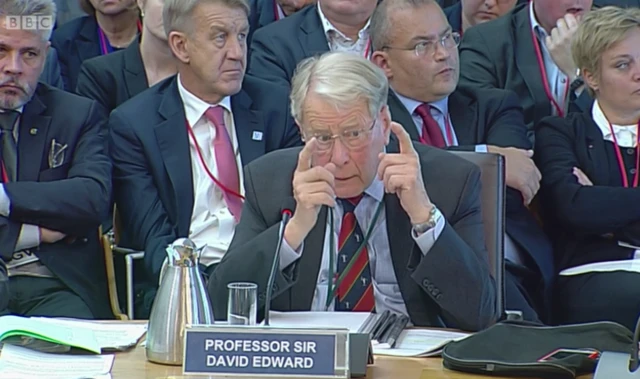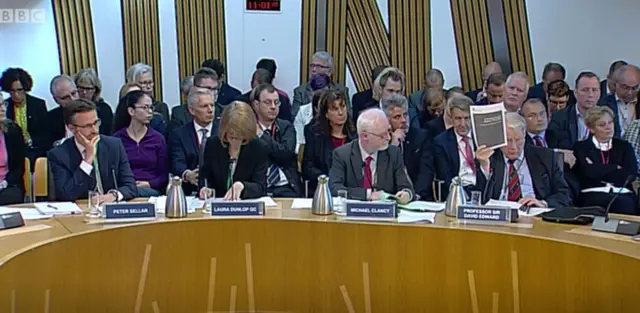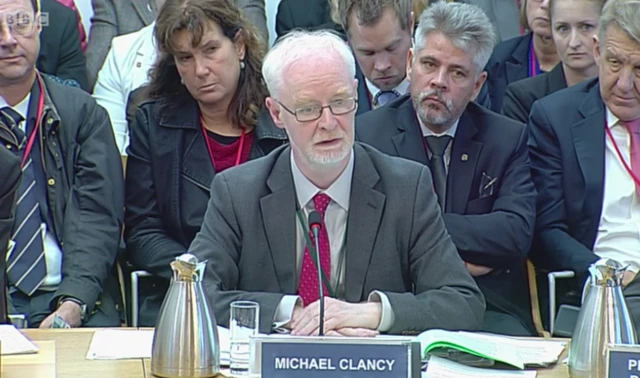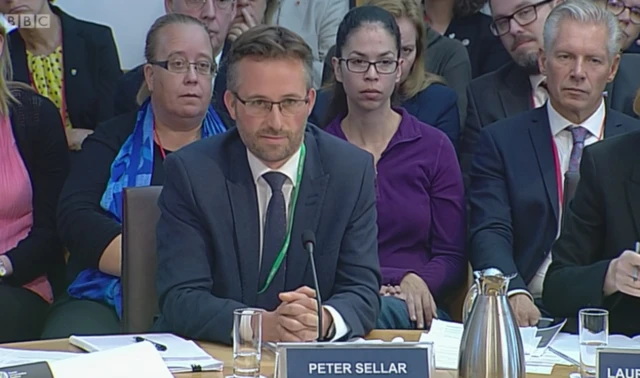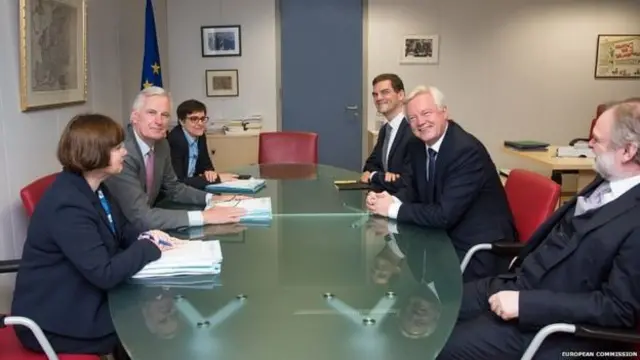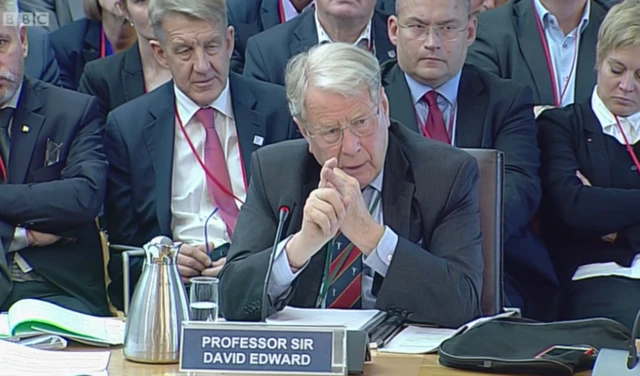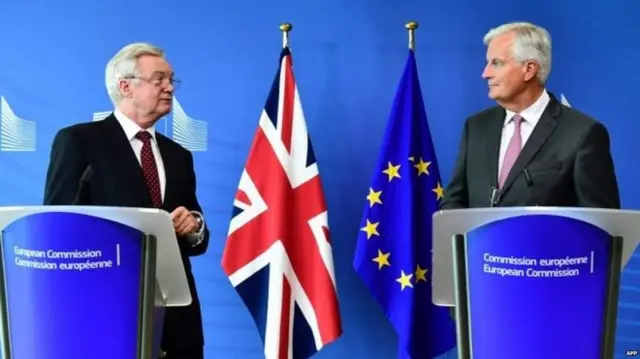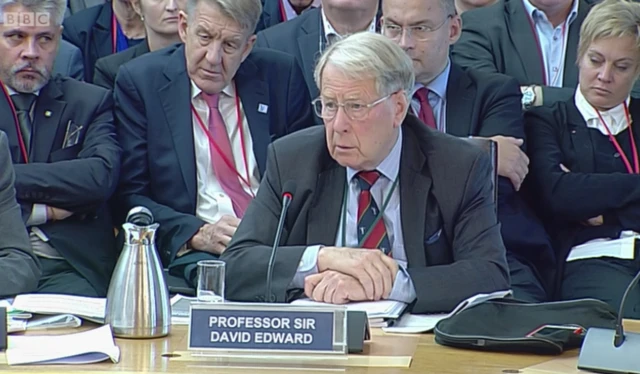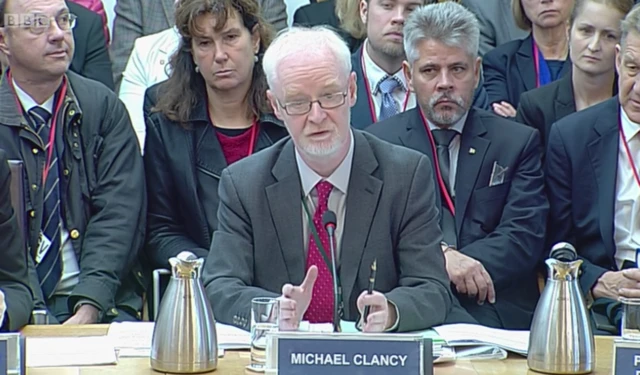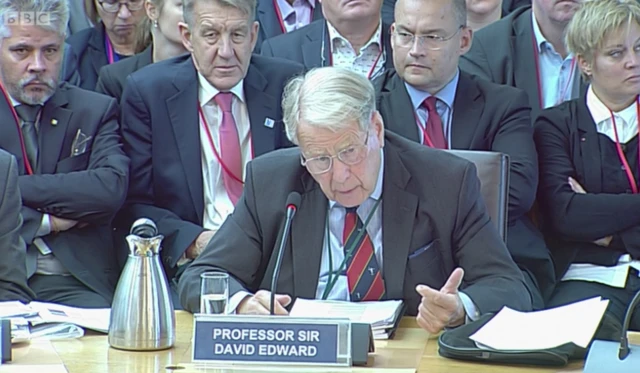The government is providing £76,000 for training for doctors in dealing with victimspublished at 11:43 BST 14 September 2017
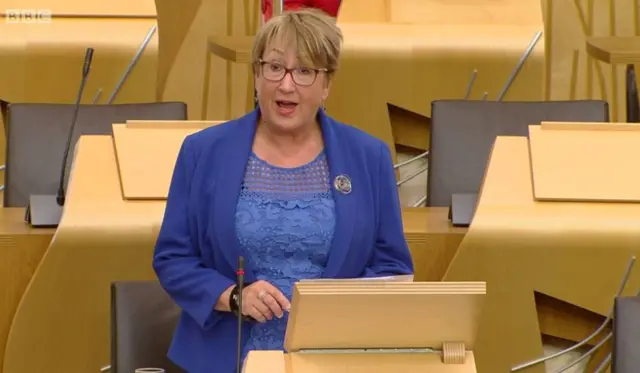 Image source, bbc
Image source, bbcCommunity Safety and Legal Affairs Minister Annabelle Ewing
Community Safety and Legal Affairs Minister Annabelle Ewing says both heathboards have publicly committed to support for victims of sexual assault.
Ms Ewing says the government is assisting with funding.
Ms Todd asks if the minister can provide more information on the practical support available.
Ms Ewing says the government is providing £76,000 for training for doctors in dealing with victims.



